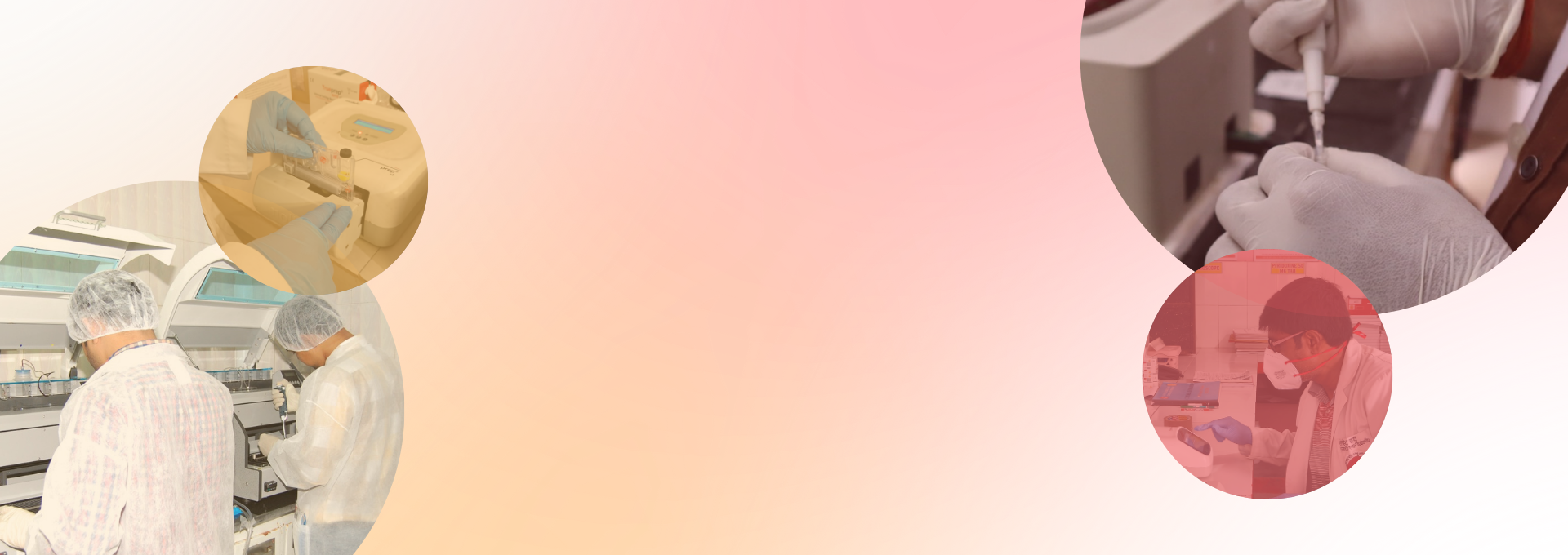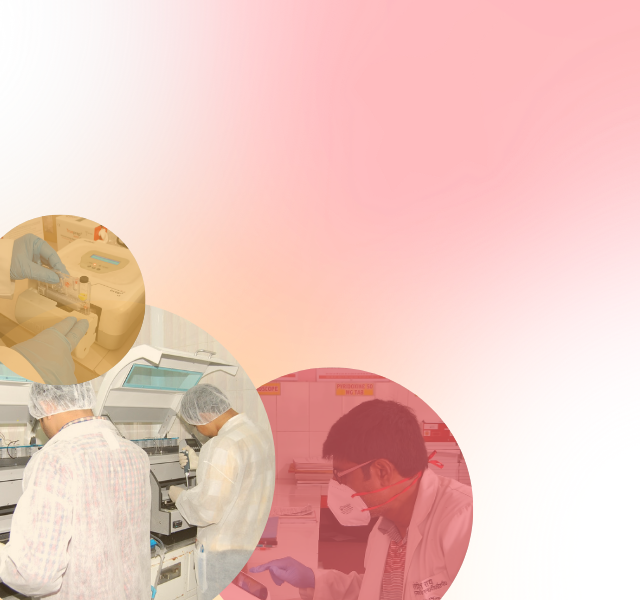Introduction
The Tuberculosis Diagnostic Network Optimization (TB DNO) project was initiated in December 2023. Funded by the Gates Foundation, India Health Action Trust (IHAT) works in close collaboration with the State TB Cell, State Health Mission and WHO consultants, providing strategic direction to enhance coverage and reduce inequity in access to WHO-recommended rapid molecular tests (Cartridge based Nucleic Acid Amplification Test (CBNAAT, TRUENAT, etc.,).
Objectives
- Increase identification and testing of presumptive TB patients in Uttar Pradesh to achieve a Presumptive TB Examination Rate (PTER) of 3000/100000 by 2026.
- Increase the use of molecular diagnostics to 70% as the initial test and 85% among diagnosed individuals with TB by 2026.
- Support decentralization and increased access to molecular diagnostics at the primary care level through a network of specimen collection and transportation mechanisms.
- Enhance equity of diagnostic access to patients seeking care in public and private health services.
- Facilitate the uptake of newer indigenous low-cost molecular tests emerging from validation.
Approach
A systematic health systems approach is being implemented to enhance and optimize TB diagnostic capacity in Uttar Pradesh, guided by local epidemiology, NTEP guidelines, and needs assessments. This effort aligns with the effective coverage cascade to ensure presumptive TB cases are identified and provided with appropriate diagnostics. The DNO initiative strengthens the ‘Detect’ pillar with a focus on the detection of active TB and leverages diagnostic resources to accelerate and optimise the molecular diagnostic network for TB in UP.
Intervention Areas
- Conduct comprehensive mapping and situational needs assessment of the TB diagnostic facilities in the public and private sectors.
- Design pathways to increase demand for PTER and uptake of services.
- Create Optimized Scenarios for the TB Diagnostic network.
- Support to enhance the quality of specimens and testing.
- Tracking of supplies (Test kits and consumables) to ensure no interruption in supplies.
- Monitoring and Evaluation to generate evidence for action.
- Expand and build partnerships for long-term sustenance.

